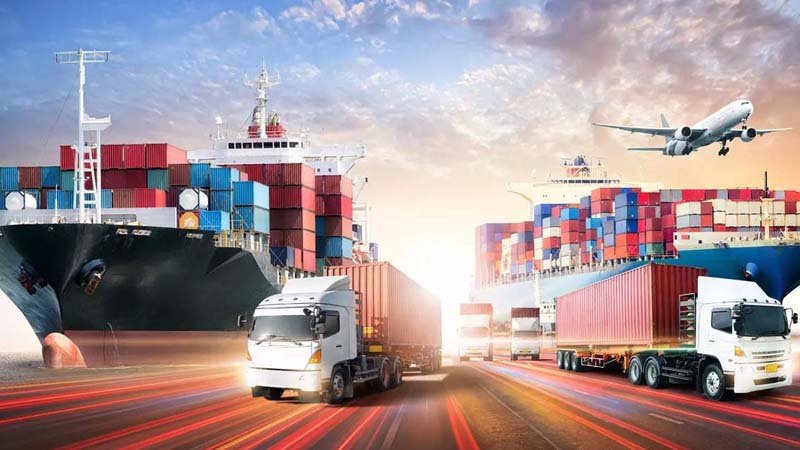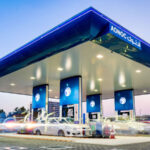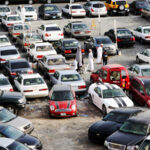
The United Arab Emirates has made a significant leap in the global arena, securing the No. 8 spot in DHL’s Global Connectedness Report. This prestigious ranking positions the UAE among the world’s top 10 most globalized countries, a testament to its rapidly expanding connectivity. Notably, the UAE has achieved the highest increase in performance since 2001, leading the pack in rising connectedness among the 181 countries analyzed. This remarkable progress underscores the nation’s efforts to enhance both physical and digital connectivity, bolstering global supply chains and facilitating international trade.
The report sheds light on the Middle East and North Africa (MENA) region’s robust global connections, extending beyond trade to encompass investment, immigration, and tourism. While Europe and North America continue to lead in specific aspects like trade, people, capital, and information flows, the MENA region, including the UAE, stands out in trade, mainly due to the oil trade and the growing prominence of Gulf countries in broader trade networks.
DHL’s Global Connectedness Report, employing nearly nine million data points, offers a comprehensive overview of global movements of goods, services, capital, information, and people. The latest edition introduces a unique methodology, measuring globalisation on a scale from zero (no cross-border activities) to 100 percent (a borderless, frictionless world). The current globalisation level stands at 25 percent, indicating that a fully globalised world remains an aspirational goal.
Despite facing global economic challenges and political uncertainties, the report reveals that global flows have shown remarkable resilience, outpacing domestic activity and spanning increasingly greater distances. This resilience offers numerous opportunities for countries to engage in international business, a prospect that the Middle East, particularly the UAE, has eagerly embraced. The UAE’s acceleration in digital connectedness has been pivotal in enhancing international trade and capital, information, and talent flows.
Amadou Diallo, CEO of DHL Global Forwarding Middle East & Africa, emphasized the sustained high level of globalisation despite recent economic turbulence. He noted that the UAE has strategically expanded its connectivity scope through technology and national policies fostering global trade and exchange. This approach has also been instrumental in attracting a diverse talent pool.
Furthermore, the report underscores a growing trend of international expansion, marked by a surge in greenfield foreign direct investment (FDI) and more sales abroad by publicly traded companies. Despite the initial setback caused by COVID-19, international travel has been recovering strongly. In 2023, global travel reached 88 percent of pre-pandemic levels, with a full recovery anticipated by the end of 2024. Leading this travel recovery, the Middle East saw international arrivals surpass pre-pandemic levels by 23 percent in 2023.
Contrary to a potential shift from globalisation to regionalisation, the report suggests that international flows are occurring over stable or even longer distances, with a decreasing proportion within major geographic regions. While North America shows a trend towards more regionalised trade patterns, the UAE and the broader MEA region are rapidly developing new trade connections, significantly contributing to and accelerating globalisation.




